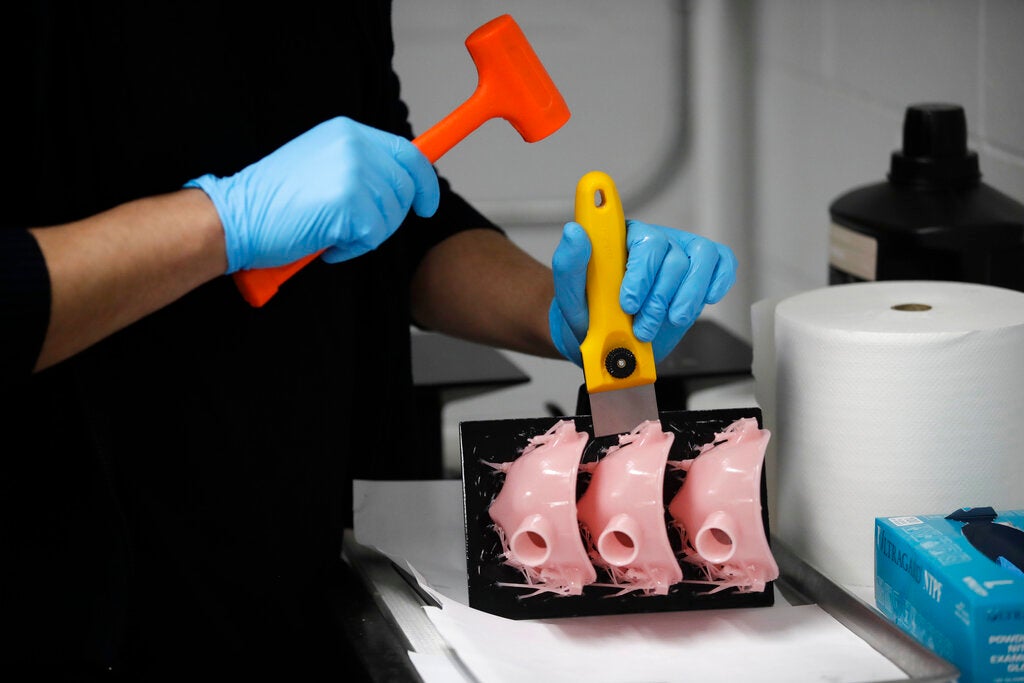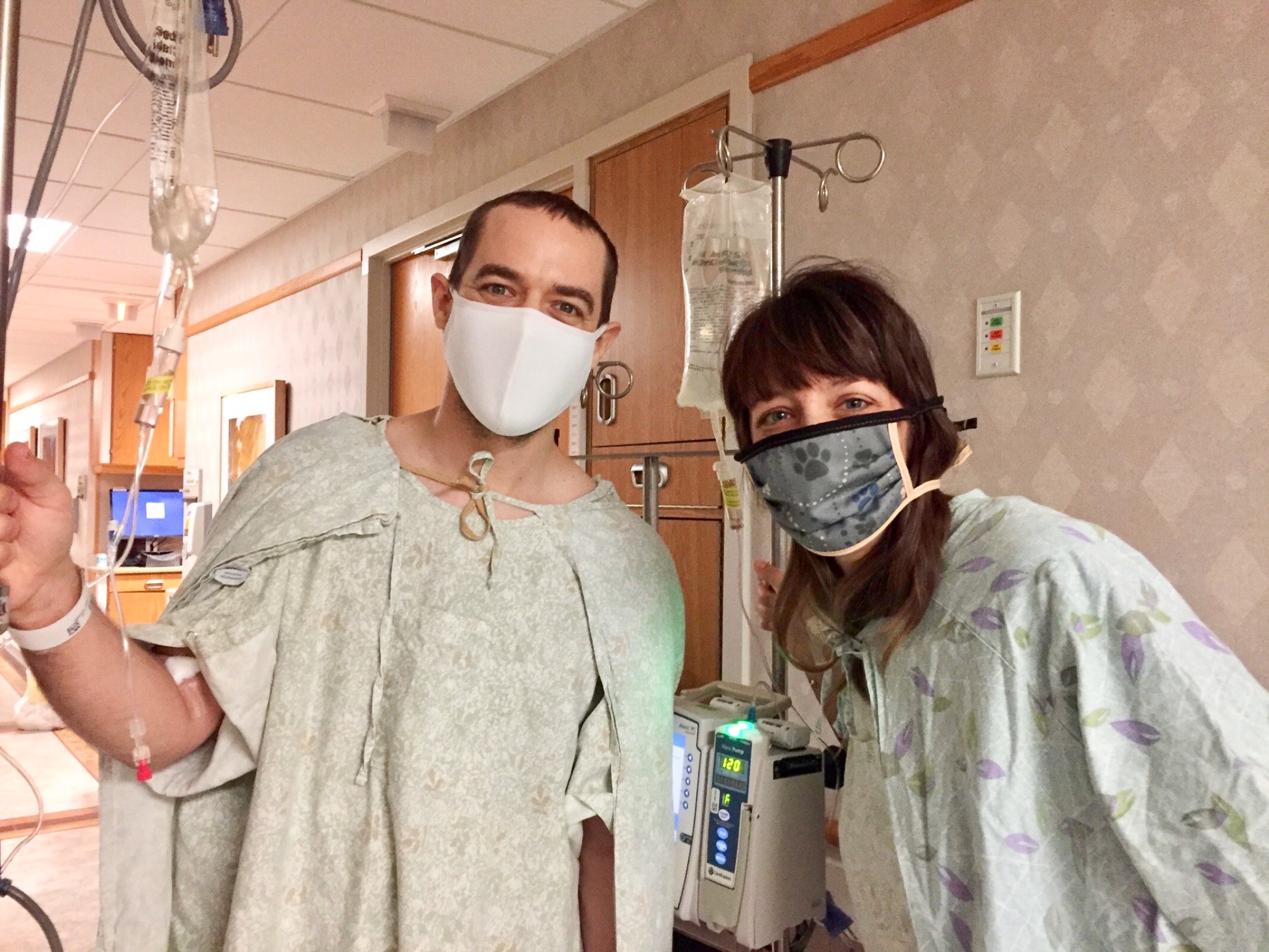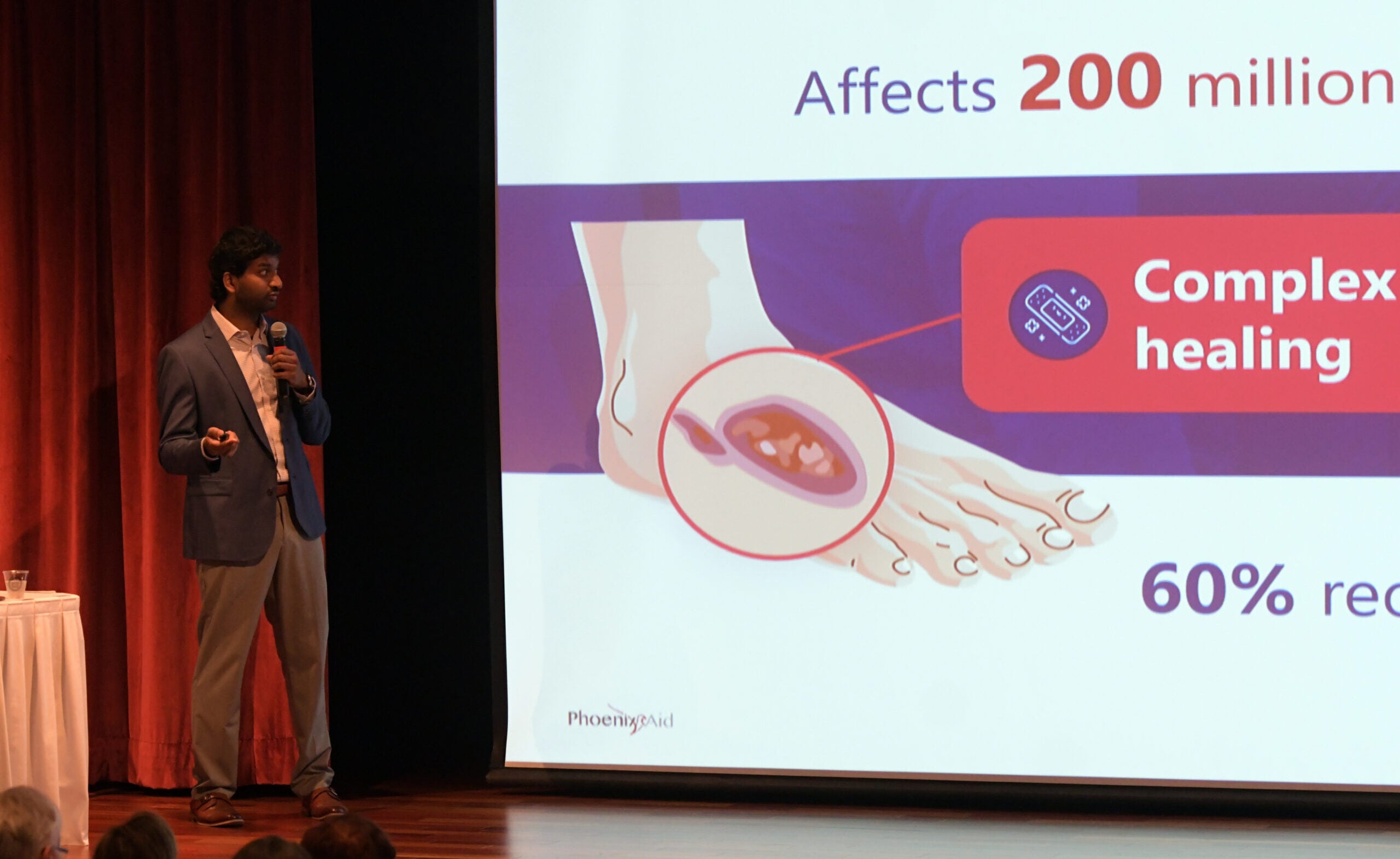Too much sugar has long been linked to diabetes, heart problems and obesity. But the alternative may be no better. A study from the Medical College of Wisconsin suggests artificial sweeteners may cause the same problems — just in a different way.
One substance studied by MCW, acesulfame potassium, goes by the trade name Sweet One and is 200 times sweeter than table sugar. It was thought to just pass through the body, never getting broken down, but research found the substance stayed in rats’ bodies and could potentially cause heart problems because it interfered with how blood vessels worked.
Experiments also showed changes in blood fat and energy metabolism from artificial sweeteners which are believed to contribute to diabetes, just like regular sugar does.
News with a little more humanity
WPR’s “Wisconsin Today” newsletter keeps you connected to the state you love without feeling overwhelmed. No paywall. No agenda. No corporate filter.
“It’s not as simple as which one is better, or stop using one as a way to solve some of these health outcomes related to diabetes and obesity,” said Brian Hoffman, lead researcher on the study and assistant professor in the joint Department of Biomedical Engineering at the Medical College of Wisconsin and Marquette University.
Hoffman said further studies are needed, “so as a consumer, people can make a more informed choice about what they’re putting in their body that can lead to better overall health.”
Previous research has shown artificial sweeteners are OK for diabetics because they cause only minimal changes in blood sugar levels. However, observational studies — which can’t prove cause and effect — have shown a link between diet soda and diabetes. Hoffman said a review of the studies showed bias in the outcome depending on who was funding the study.
“It’s a controversy in this field. We want to study this because our goal is to increase awareness so (consumers) can be better informed about what they put into their bodies,” he said.
Hoffman’s research also tried to find out what role the microbiome, or gut bacteria, may play in weight gain and insulin resistance.
Wisconsin Public Radio, © Copyright 2026, Board of Regents of the University of Wisconsin System and Wisconsin Educational Communications Board.





